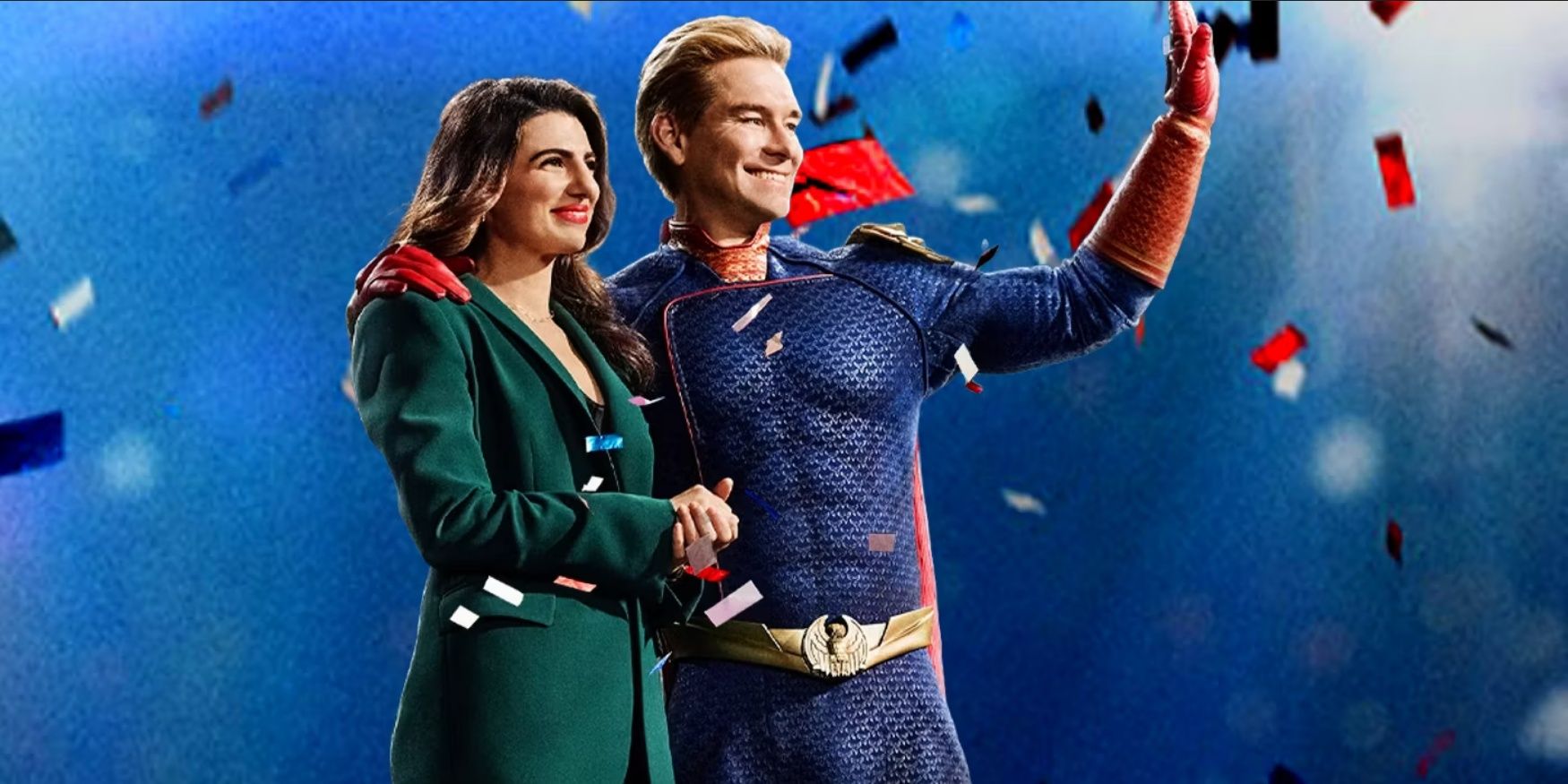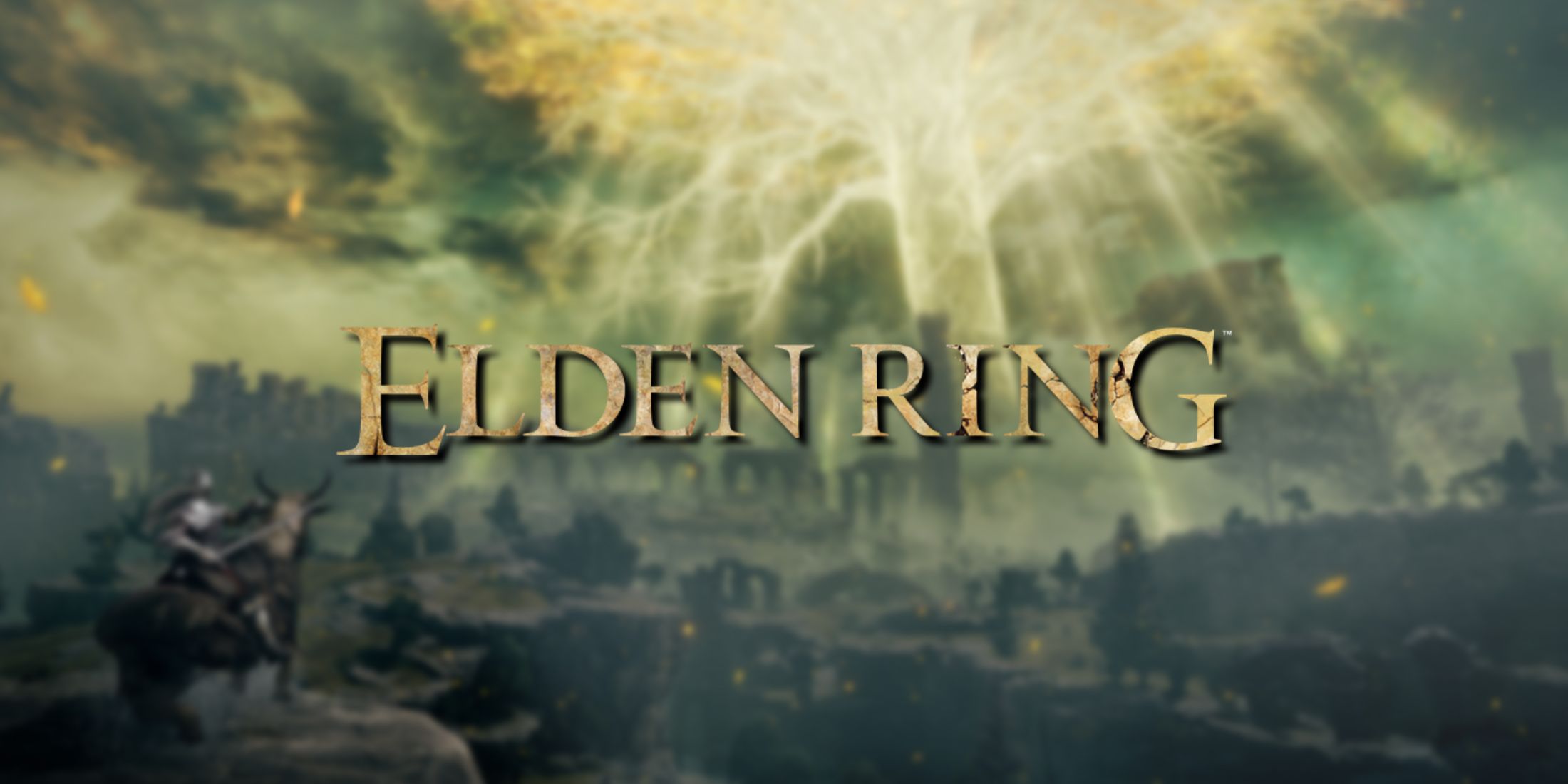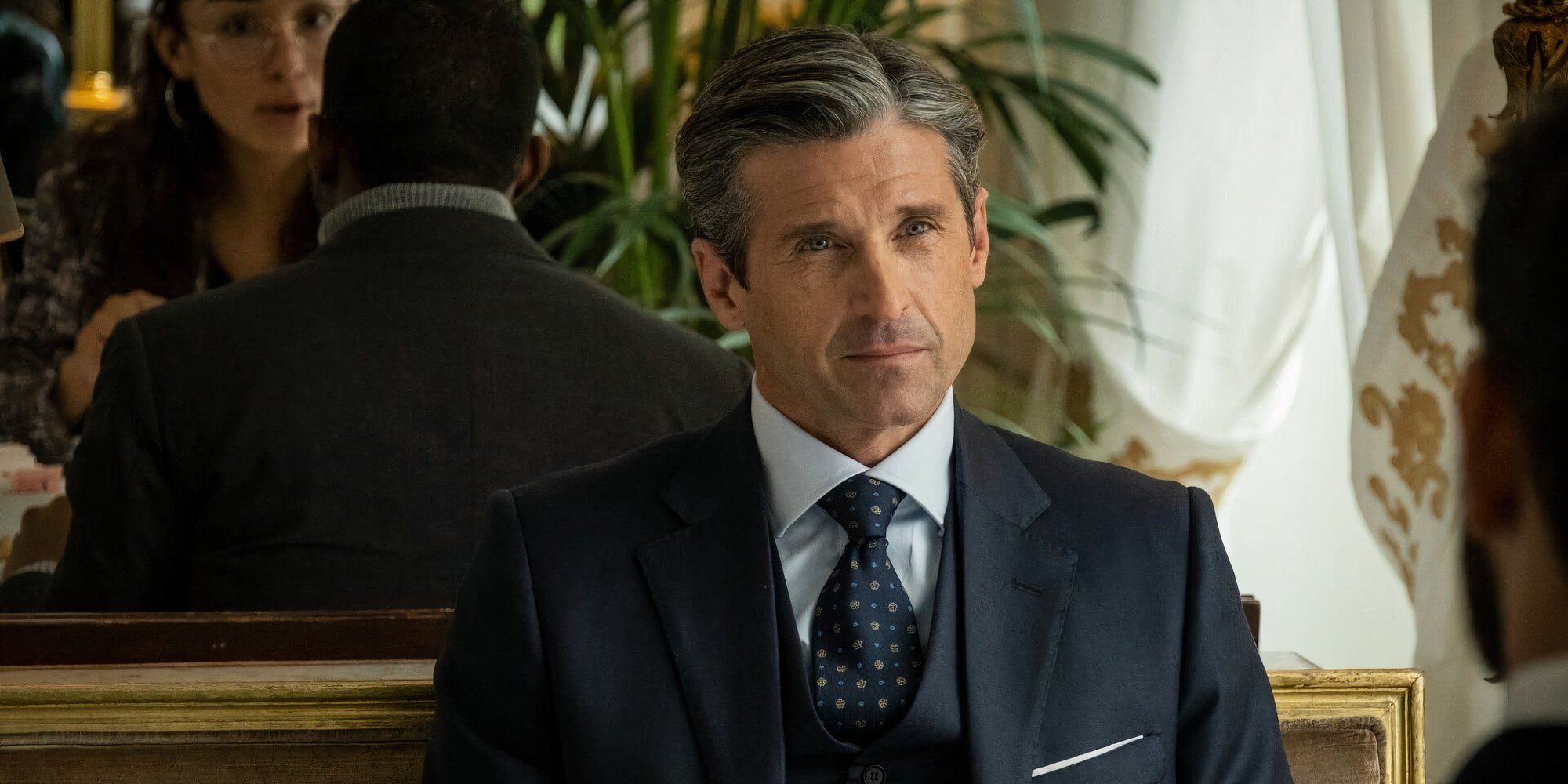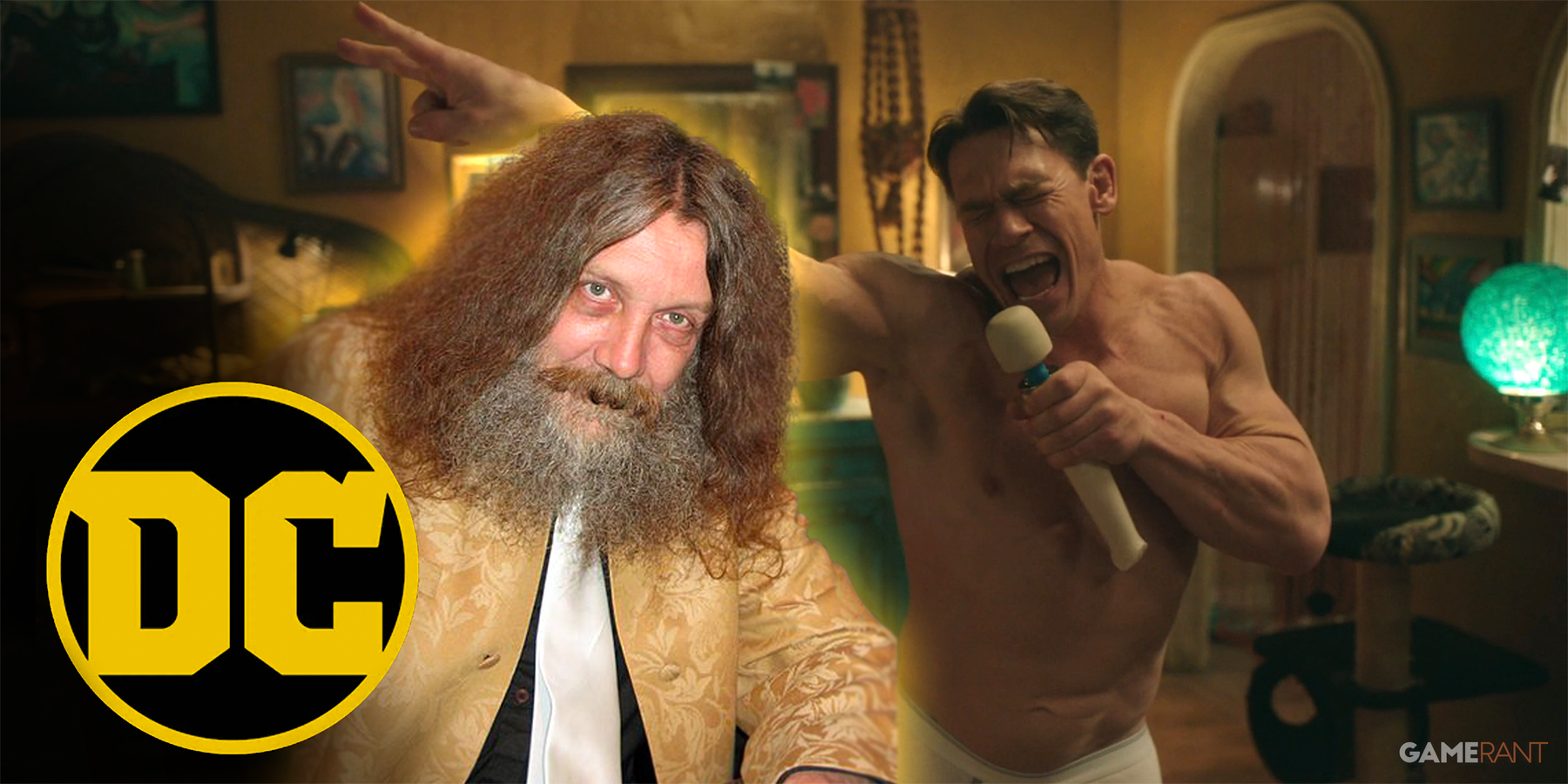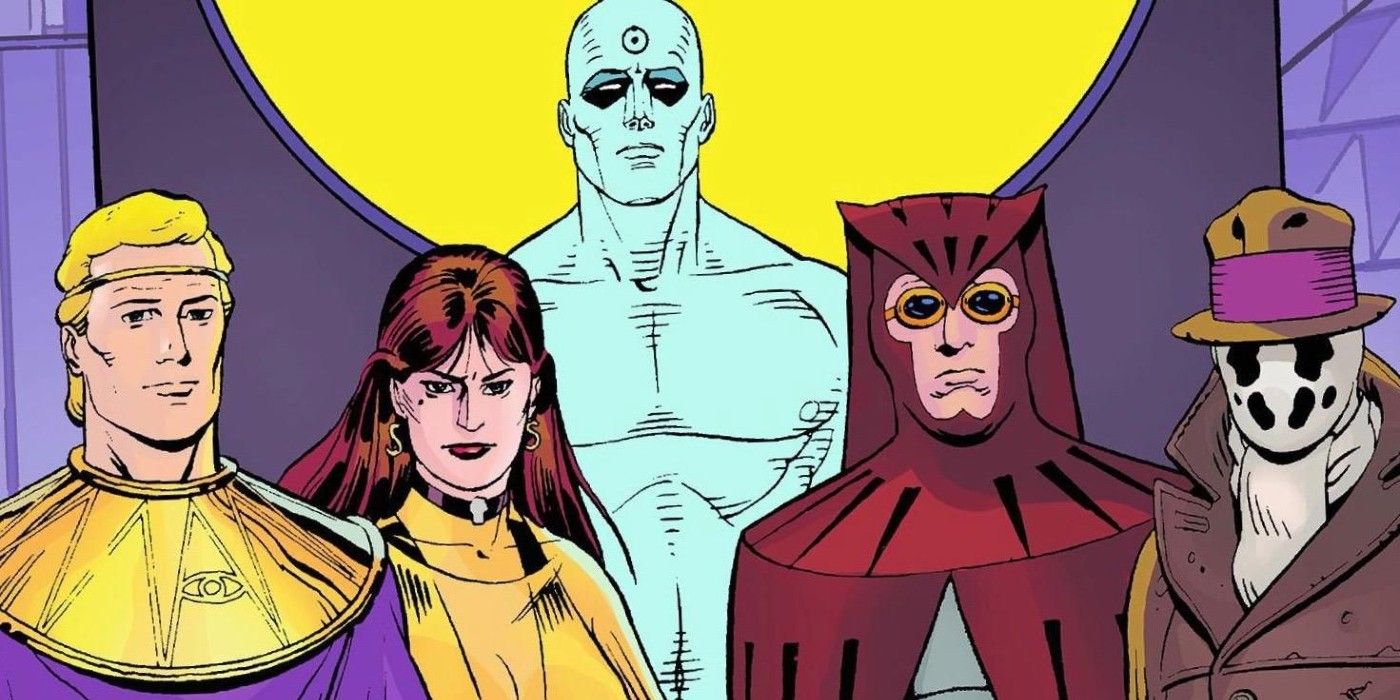Highlights
- Alan Moore refuses royalty checks for DC adaptations, criticizing the company for straying from its original principles and catering to an adult audience.
- Moore believes DC should return to a lighter and campy tone, like the Adam West Batman series, rather than reflecting the real world in its movies.
- Despite public opinion and the success of visionaries like Christopher Nolan and Zack Snyder, Moore thinks DC should lower its standards to cater to young children again.
Alan Moore is known to be critical of adaptations of his work and DC in recent years, but the author now takes his criticisms a step further by making a bold statement with his movies and TV residuals.
The V For Vendetta adaptation was well-received, but the Batman: The Killing Joke animated adaptation was not, and although Zack Snyder's Watchmen was said to be ahead of its time, it was still not safe from the backlash of Watchmen purists. However, seeing as how the Emmy-award-winning HBO Max Watchmen series made the most changes while centering around race and racism and that Geoff Johns' Doomsday Clock was another follow-up that brought his Watchmen story into the main DC canon, what Moore is now doing with his residuals and why he feels the way he does about the recent DC Comics, movies, and TV is not surprising.
Moore admits to no longer accepting royalty checks for films and TV series. "I don’t feel, with the recent films, they have stood by... their original principles. I asked for DC Comics to send all the money to Black Lives Matter,” Moore told The Telegraph. Moore's previous statements may offer further insight into what “original principles” the author assumes WB once had. In his opinion, DC Comics wrongfully caters to an adult audience, unlike the children of the '50s to '70s. According to Moore, this cultural shift from “comic books” to “graphic novels” represents the phenomenon of adults who are just as passionate about the medium as children, which could somehow lead to “fascism,” despite the best DC stories, like the works of Frank Miller, Alex Ross, Grant Morrison, and ironically Moore himself, elevating DC to a higher standard.
However, based on his previous comments and no further clarification, perhaps Moore's desire to return to a time when mature material (such as his work like V for Vendetta, Watchmen, and The Killing Joke) was the exception, not the rule, extends to the movies. Perhaps Moore thinks DC movies like The Dark Knight trilogy, The Batman, Joker, and even the Snyderverse are the wrong direction for DC and that a lighter and campy tone, such as the Adam West Batman series, Super Friends, or last year’s DC League of Super-Pets, which act as pure escapism, rather than those that hold a mirror to the real world, would be a step in the right direction.
Moore seems to be on the opposite side of some fans who believe WB has failed DC, presumably with a bit of overlap. That overlap might revolve around the studio’s desire to turn DC into its version of the MCU. However, seeing how Moore doesn’t like mature stories to be the standard either, it is difficult to pinpoint what he refers to in his discontent with DC movies.
Moore's logic would imply that DC shouldn’t be made for, or by, people like him, even though other visionaries, like Christopher Nolan, Snyder, Todd Philips, and Matt Reeves, have elevated DC in the same way that Moore did for a new audience. According to Moore, that might now be a bad thing because it is assumed to have created a new standard that must be met, and the bar for DC should meet the expectations of young children again, possibly so visionaries like Moore can stand out among the crowd.
Source: The Telegraph, Los Angeles Times

